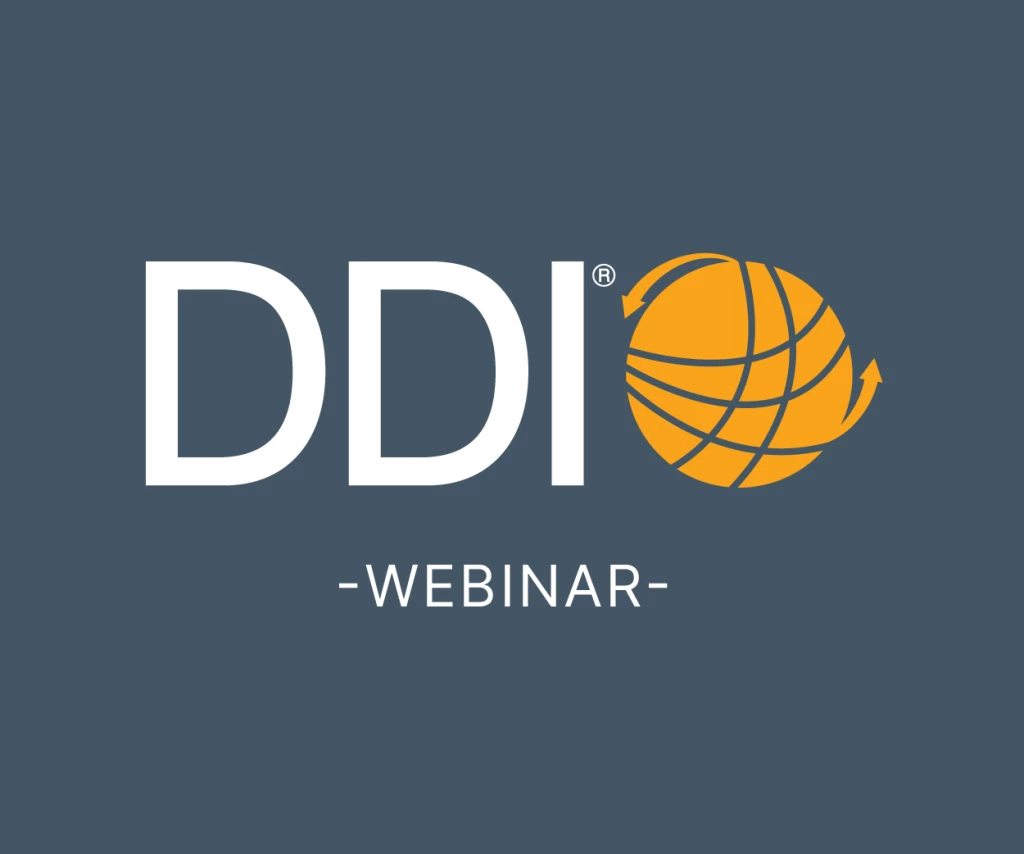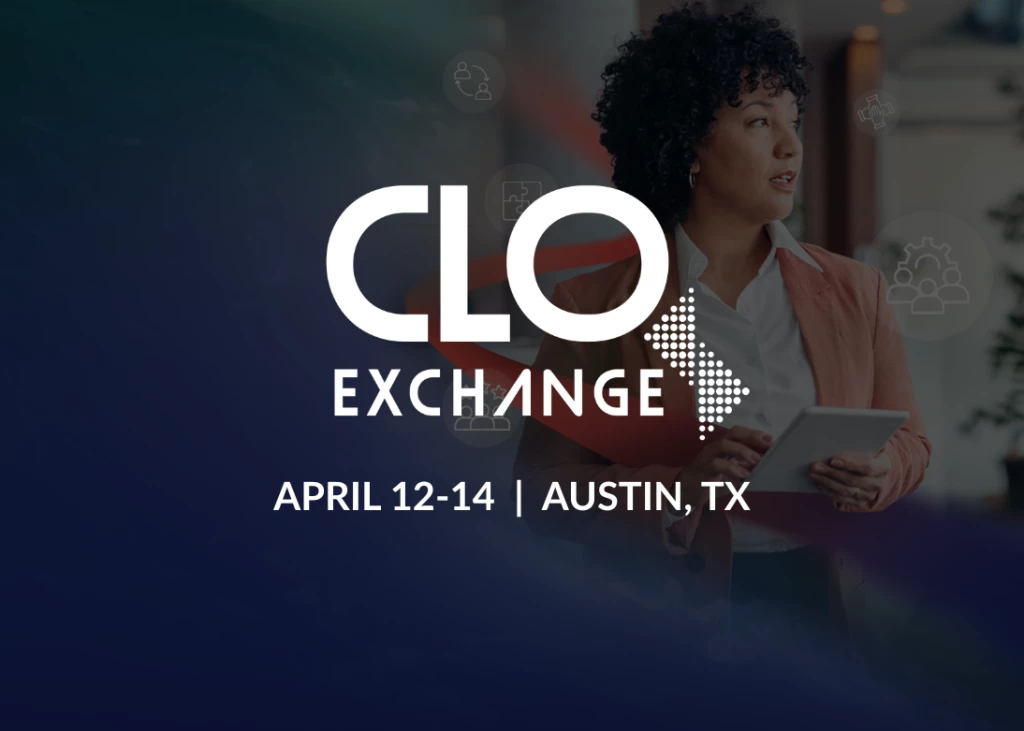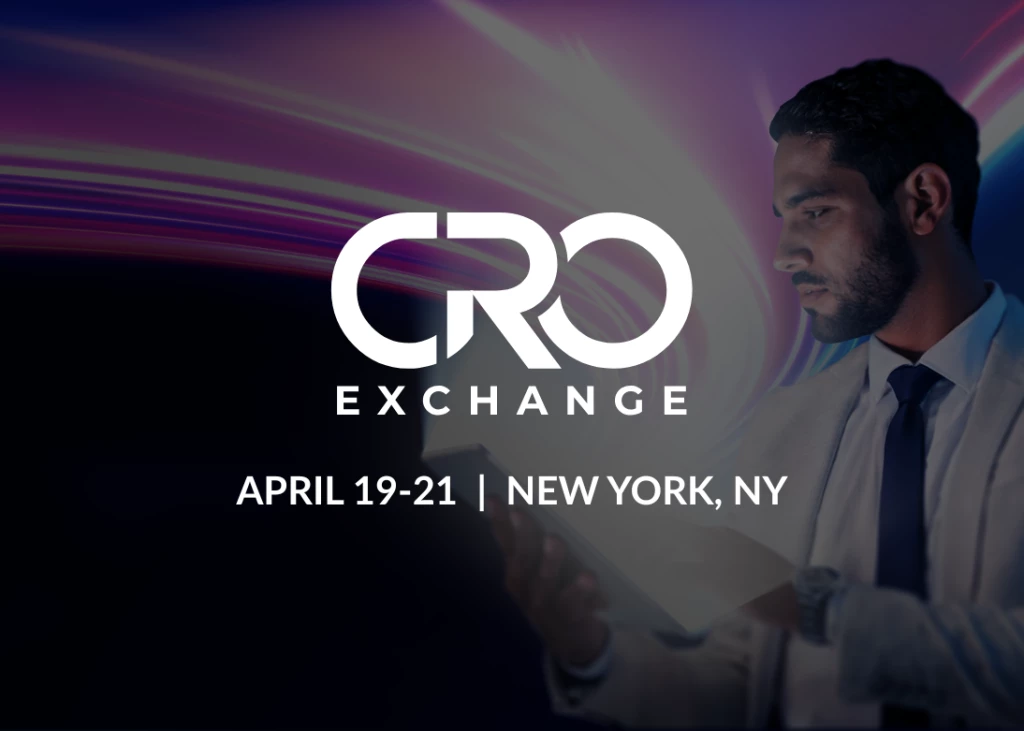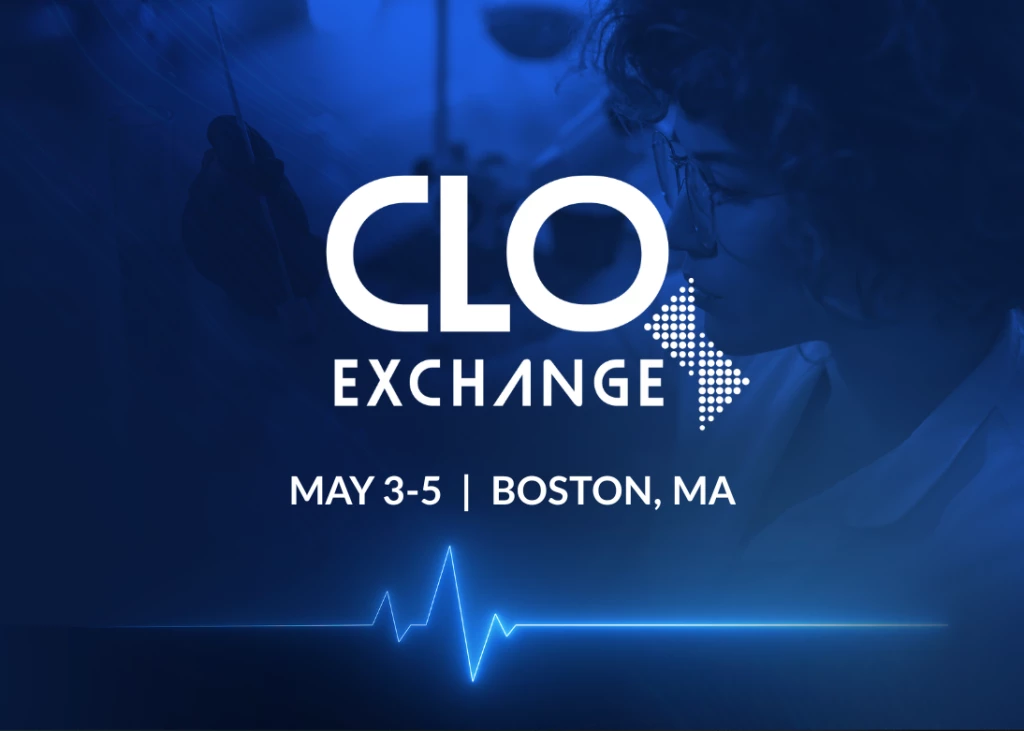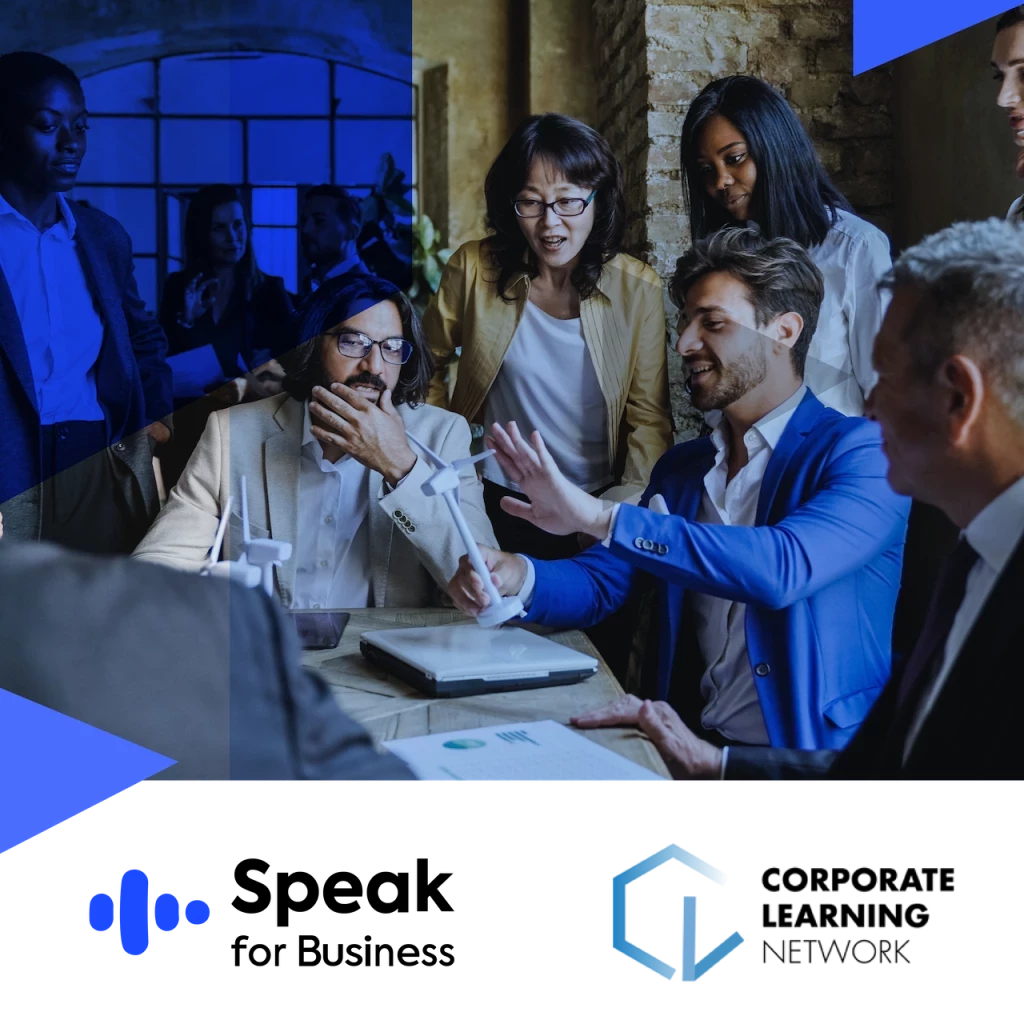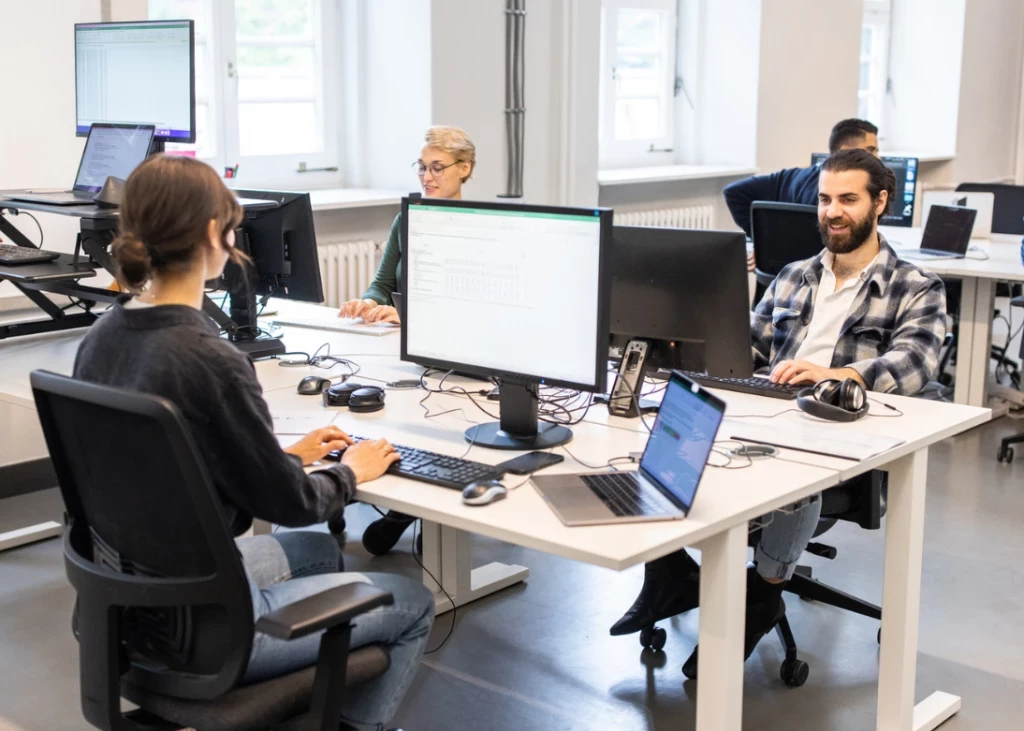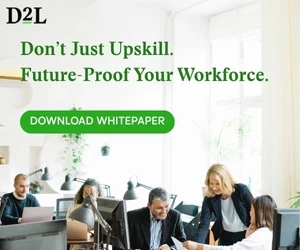Solving Business Driven Problems as a Collaborative Consultant
Add bookmark
Businesses are looking for solutions to complex issues. This is where L&D can lead the way with collaborative problem-solving. Successful company facilitation is the result of training consultants teaching teams the proper use of analysis, advocacy, discussion and deliberation in cross-functional areas. Training leaders that can hone into the shared understanding of an organization and build upon that wisdom to engage with core issues will demonstrate their effectiveness as business consultants.
I recently talked with Quip Turner, Senior Consultant at Deloitte, who will be talking to this topic at CLN's upcoming Corporate Learning Week. Here's a sneak peek into his workshop.
What is your background and expertise?
I've been in the L&D space for 15 years now and was originally inspired by my father’s impact on the industry. His name is Kevin Turner — he founded a human performance development company called Turner Leadership Strategies and authored three books on the subject of human performance. One day, I even calculated how many people he has impacted through his tools, and the number came to over 10,000 people. So his massive impact over the course of his career in the industry inspired me to focus my career in the L&D space.
In L&D, you can have an impact not only on a business but also on the individual lives within that business.
I first studied Human Capital Management at Cornell University. Then I worked with Teach for America, followed by The Goodyear Tire & Rubber Company. After that, I helped lead my family’s firm, Turner Leadership Strategies, for seven years where we advised companies on strategy and implementation for learning and business-focused transformations. Once my father retired from the family business, I earned an MBA from the Kellogg School of Management at Northwestern University.
Now, I work with Deloitte Consulting in our Workforce Development practice. Workforce Development helps companies evolve their workforce for the future. We help companies shift from a focus on the organization at the center of the company to a focus on the workforce, and the skills of the people, at the center. For instance, what technical and leadership skills and traits are needed to drive future outcomes? How can we personalize and scale learning experiences that are embedded in the flow of work?
How do you achieve a focus on the workforce instead of on the organization?
By focusing on the skills in the organization and how those skills apply to the work that needs to be done. So, for example, identifying skills the company’s employees have that were previously invisible to the organization at the highest level, then connecting employees across the enterprise so they can leverage those skills or develop new ones that they want to build.
How is L&D evolving right now?
It's a significant time in business history, especially from a learning and development perspective. At the end of the day, people learn best when there are three things in place.
First, when we're learning together (because, after all, we’re social animals). Second, when learning happens in the flow of work. We learn best when we’re actively attaining and applying new knowledge to a task, to a job or to a goal that we’re already working on. And third, when we meet people where they already are. Not just geographically, but with different levels of experience, different professional backgrounds and different levels of certification, training or formal education.
The future of work is really shifting right now to accommodate these three fundamental learning needs. As I mentioned earlier, companies are able to take a much more workforce-focused (instead of organization-focused) approach.
The interesting thing is the pandemic forced companies to take major strides in these three areas. For example, the inability to meet in person for so long enabled this sort of massive experiment. We've had these previously latent technologies like Zoom that were, in my opinion, underutilized before the pandemic. Now they're ubiquitous. Of course, they were used for business continuity purposes during the pandemic. But now they’re being widely adopted for learning purposes. So, for example, how can we make virtual learning more effective so that people can learn together when we can’t physically be together? How can we (the Trainers, the L&D Managers) meet people where they are rather than expecting them to come to us?
But on top of that, we have emerging technologies that are rooted in AR/VR and adaptive machine learning that can personalize the learner’s experience based on their existing skills, desired pace and so on.
So we’re probably going to see a dramatic acceleration of a company’s ability to meet learners where they are, help them learn together, and help them learn within the flow of work. And that’s a competitive advantage. It’s always been the companies who learn the best that have a true competitive edge.
What do you hope people will get out of your workshop at CLW?
This workshop (“Solving Business Problems as a Collaborative Consultant”) is focused on specific methodologies, frameworks and tools that can be used to help learning professionals as they problem-solve with their internal clients on business challenges.
Many people have most of the skills needed for consulting, like asking questions, listening and problem-solving. What we want to bring to this workshop is some frameworks with which to organize the process and some tools with which to organize your thoughts as you approach those client conversations. How do you understand and validate client needs and what data do you need to gather in order to do that? How do you truly understand the nature of the problem before diving into solutions? How do you ideate solutions with the client by walking through an end-to-end process so that over time, you can build a trusted advisor relationship with the client or the organization instead of a transactional relationship?



